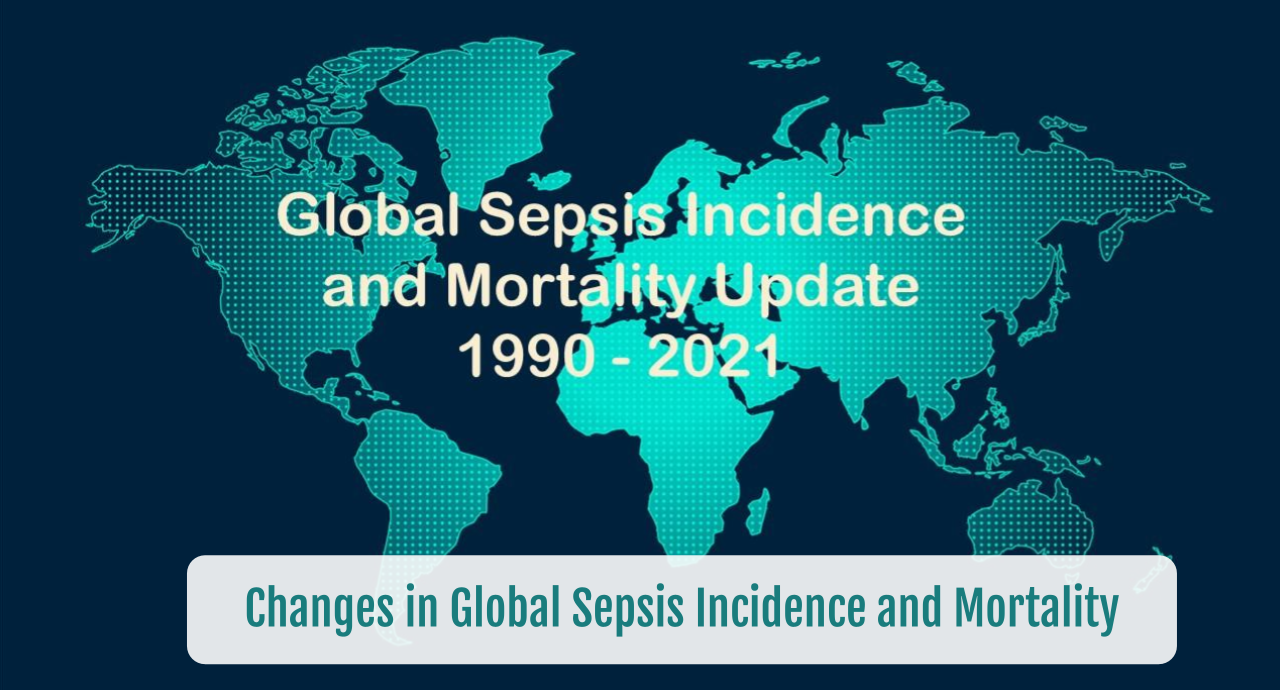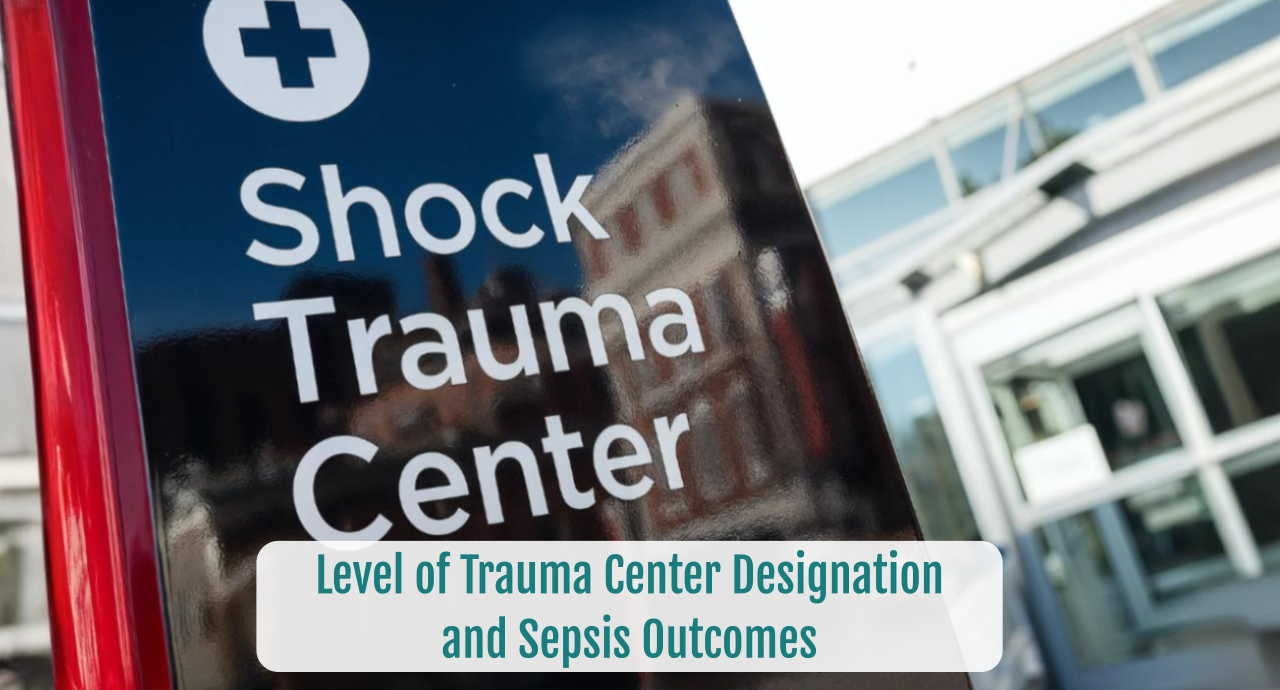Two Standards of Sepsis Care – The Nighttime Effect
SUMMARY
- Quick Sequential Organ Failure Assessment (qSOFA) has not provided the high predictive performance initially proposed.
- Modifications to qSOFA has been investigated as a way to improve performance, especially in the Emergency Department (ED).
- These simple modifications improve qSOFA, but greater analysis is needed to demonstrate superior improvements.
BACKGROUND
- The Third International Consensus Conference on Sepsis introduced the concept of the qSOFA for the diagnosis of sepsis and screening of patients at higher risk of death.
- qSOFA consists of 3 parameters: Respiratory Rate; Systolic Blood Pressure and Mental status.
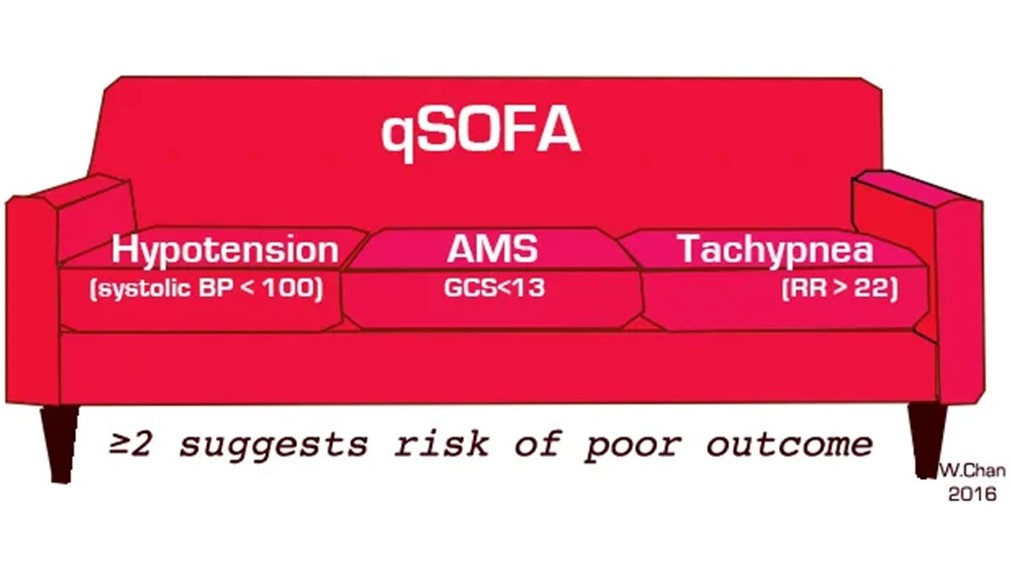
- qSOFA’s greatest value maybe in the assessment of sepsis related mortality in the ED.
- Early data indicated qSOFA has better predictive capabilities than systemic inflammatory response syndrome (SIRS).
- However, recent studies have reported poor performance of qSOFA in predicting sepsis mortality.
REVIEW
- The gap between day vs night patient 3-hour bundle completion widened over the study period.
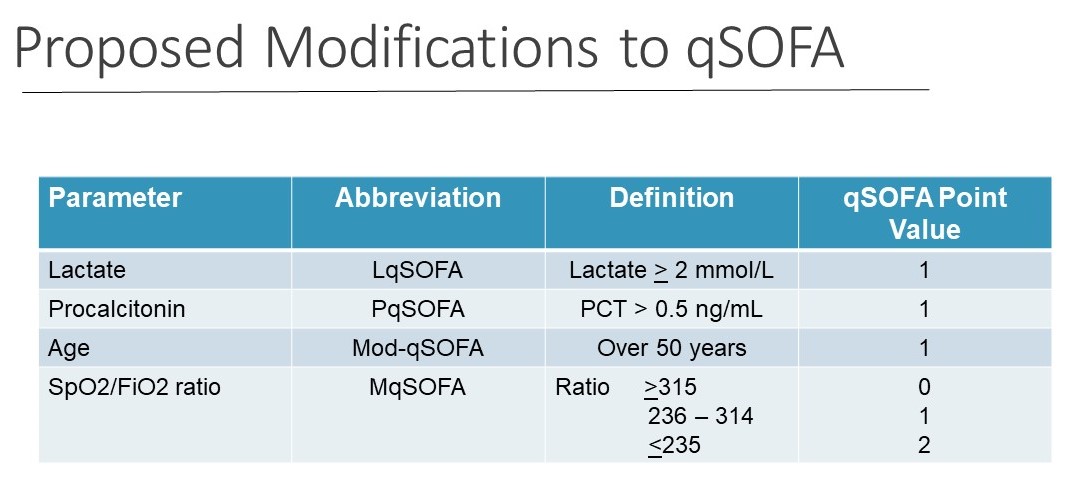
- A positive qSOFA score still remains at 2 or more with the addition of one of these parameters.
- The modifications to qSOFA resulted in a better AUROC in hospital mortality than qSOFA alone
- Performance was similar between all the modified qSOFA models
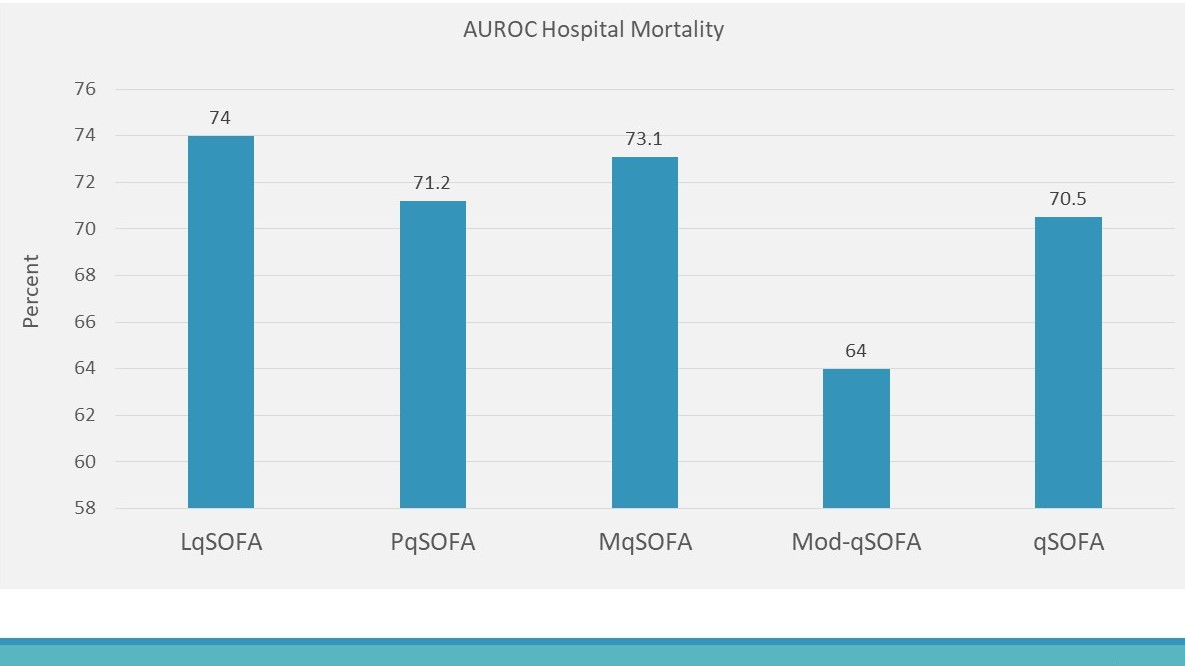
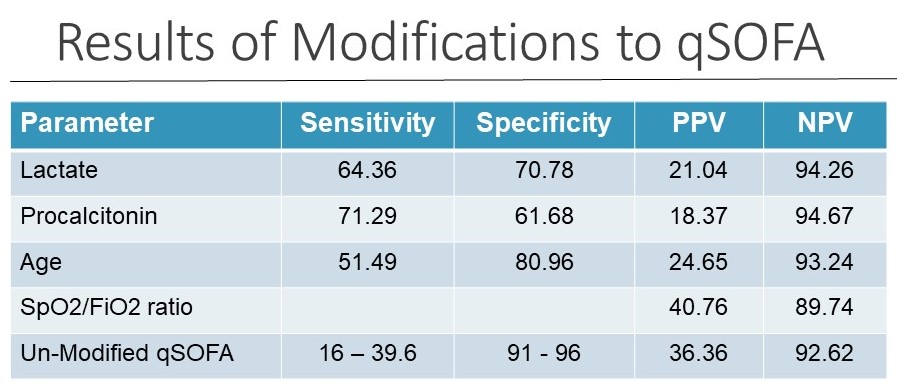
CONCLUSIONS
- Adding a simple currently available parameter to the qSOFA score improves sensitivity
- Performance of any of the modifications are similar to each other and improved over qSOFA alone
- The true value of these modifications will depend on more detailed assessments of discrimination and calibration which is currently lacking.
To receive articles like these in your Inbox, you can subscribe to Sepsis Program Optimization Insights.
Erkan Hassan is the Co-Founder & Chief Clinical Officer of Sepsis Program Optimization where he designs & oversees the implementation of solutions to optimize sepsis programs.
To discuss your organization’s Barriers of Effective Sepsis Care, contact Erkan by phone (844) 4SEPSIS (844-473-7747), email (erkan@spo.icu), or video chat.


